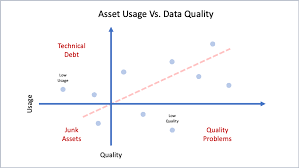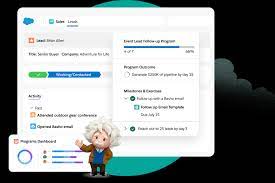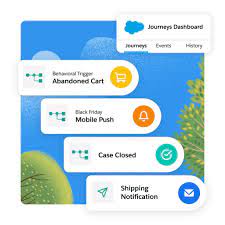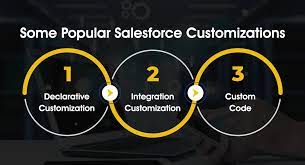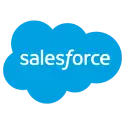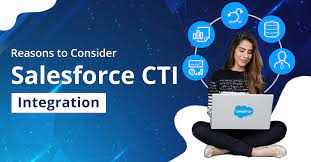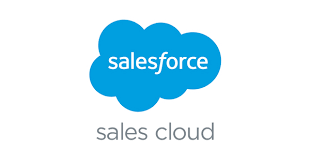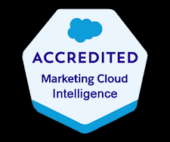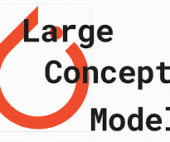Salesforce for Manufacturing
Salesforce for Manufacturing: Field Service Spark that Fuels Operational Excellence Traffic control ensures vehicles stay on course, avoid disruptions, and arrive safely, safeguarding travelers. Similarly, Salesforce Field Service (formerly known as Salesforce Field Service Lightning) acts as the traffic cop for effective field service management, ensuring seamless operations. It assigns the right tasks to the right technicians with real-time updates and provides essential tools for optimal efficiency. This comprehensive platform addresses routing needs while streamlining processes to boost operational outcomes. “The key is not to prioritize what’s on your schedule, but to schedule your priorities.” – Stephen Covey Salesforce Field Service eliminates guesswork in scheduling. By leveraging data-driven strategies, it enhances operational efficiency and integrates effortlessly into manufacturing workflows. Implementation of this platform results in a 32% increase in mobile worker productivity, making it an essential solution for manufacturers today. To unlock its full potential, partnering with a Salesforce consulting expert like Tectonic ensures the solution is tailored to your specific needs. In this insight, we’ll explore how Salesforce Field Service can optimize manufacturing operations, improve productivity, and transform field service management into a streamlined and efficient process. Understanding Salesforce for Manufacturing Traffic control’s efforts to ensure smooth operations mirror the complexity of managing manufacturing field service tasks. Manufacturers often face challenges such as technician scheduling difficulties and communication breakdowns. Salesforce Field Service effectively addresses these issues with features like: With Salesforce Field Service, manufacturers achieve control, visibility, and operational efficiency, transforming chaos into coordinated success. 90% of decision-makers say their company invests in specialized technology to improve mobile worker productivity. – Salesforce Benefits of Salesforce Field Service in Manufacturing Salesforce Use Cases for Manufacturing Real-Life Success Stories with Salesforce Field Service Why Tectonic is the Ideal Partner for Salesforce Field Service Implementation Problem Statement: A leading electrical appliance manufacturer struggled with outdated manual scheduling, inefficient workflows, and excessive field visits, negatively impacting efficiency and customer satisfaction. Solution Offered: Salesforce implemented Salesforce Service Cloud integrated with Field Service, optimizing scheduling, dispatching, and field operations for enhanced productivity and superior customer service. Results Achieved: Your Path to Field Service Excellence Just as traffic control ensures safe and timely travelts, Salesforce Field Service organizes and streamlines field operations. With its capabilities for real-time scheduling, proactive maintenance, and optimized routing, it becomes an invaluable resource for manufacturers. Tectonic’s Salesforce consulting expertise ensures your manufacturing needs are met with precision. By implementing a tailored solution, you’ll unlock operational efficiency, enhance customer satisfaction, and drive business growth. Contact us now to take your manufacturing success to the next level! Like Related Posts Salesforce OEM AppExchange Expanding its reach beyond CRM, Salesforce.com has launched a new service called AppExchange OEM Edition, aimed at non-CRM service providers. Read more The Salesforce Story In Marc Benioff’s own words How did salesforce.com grow from a start up in a rented apartment into the world’s Read more Salesforce Jigsaw Salesforce.com, a prominent figure in cloud computing, has finalized a deal to acquire Jigsaw, a wiki-style business contact database, for Read more Service Cloud with AI-Driven Intelligence Salesforce Enhances Service Cloud with AI-Driven Intelligence Engine Data science and analytics are rapidly becoming standard features in enterprise applications, Read more


